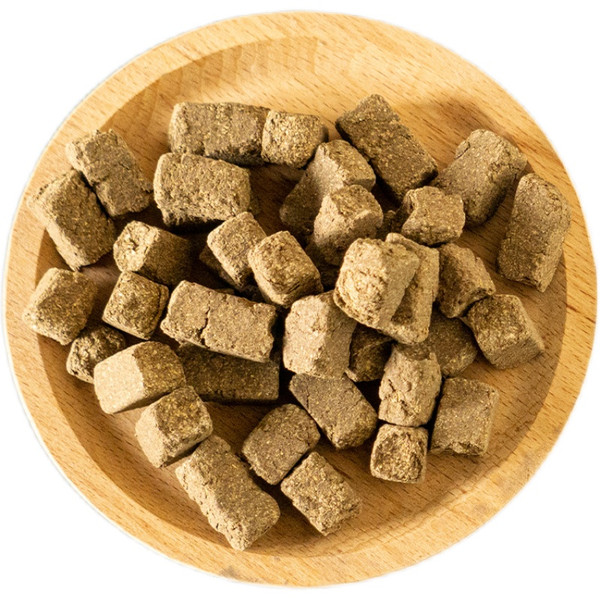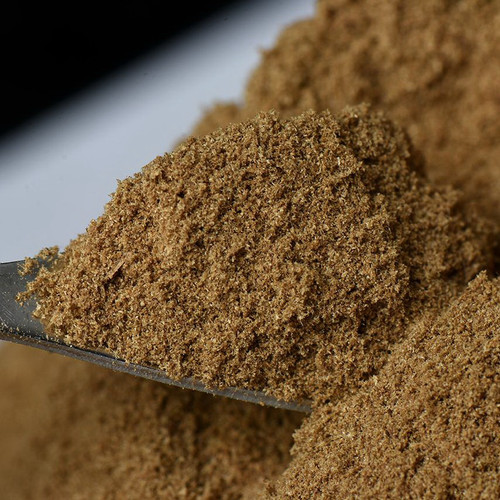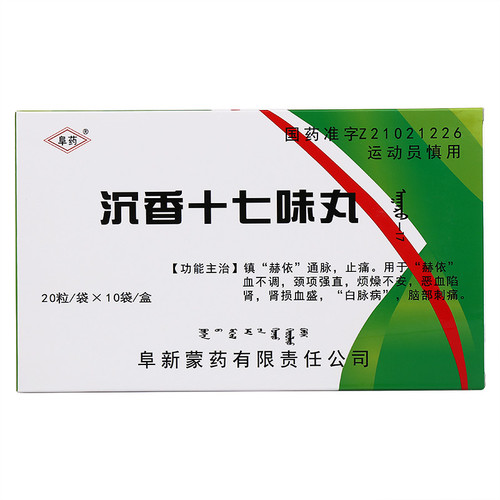Product Overview
Parts used: Wood shavings
TCM category: Herbs that regulate Qi
TCM nature: Warm
TCM taste(s): BitterPungent
Meridian affinity: Spleen Stomach Kidney Lung
Scientific name: Aquilaria sinensis
Other names: Aloeswood, Gharuwood
Use of agarwood (Chen Xiang) in TCM
Please note that you should never self-prescribe TCM ingredients. A TCM ingredient is almost never eaten on its own but as part of a formula containing several ingredients that act together. Please consult a professional TCM practitionner, they will be best able to guide you.
Preparation: Cut the wood, remove the part that doesn't contain resin and dry it
Dosage: 1 - 3 grams
Main actions according to TCM*: Assists in the flow of Qi and relieves pain. Assists the Kidneys in grasping the Qi of the Lungs. Directs the flow of Qi downward and dispels Cold from the Spleen and Stomach.
Primary conditions or symptoms for which agarwood may be prescribed by TCM doctors*: Chest congestion Abdominal bloating Abdominal pain Chest pain Asthma Vomiting Wheezing Hiccups Acid reflux
Contraindications*: This herb should not be used by those with prolapsed organs caused by Qi Deficiency or by those with Yin Deficiency with Heat signs.
Common TCM formulas in which agarwood are used*:
For pain in the lower abdomen, cold and distension in the abdomen, stifling sensation in the chest, wheezing and loss of appetite combine agarwood with lindera roots (Wu Yao).
For stagnation of Lung Qi or Kidney deficiency where the Kidneys cannot grasp the Lung Qi, wheezing combine agarwood with radish seeds (Lai Fu Zi).
Key TCM concepts behind agarwood (Chen Xiang)'s properties
In Traditional Chinese Medicine (TCM), agarwood are plants that belong to the 'Herbs that regulate Qi' category. Herbs in this category typically treat a TCM condition called 'Qi Stagnation'. Concretely it means that Qi is blocked in the body's Organs and Meridians, most typically the Stomach, Liver, and to a lesser extent, the Lungs. In modern medicine terms, Qi Stagnation often translates into psychological consequences such as depression, irritability or mood swings. It's also frequently associated with conditions such as premenstrual syndrome (PMS), menopausal symptoms, the development of breast swellings as well as various digestive disorders.
Furthermore agarwood are plants that are Warm in nature. This means that agarwood tend to help people who have too much "cold" in their body, although with less effect than a plant that would be Hot in nature. Balance between Yin and Yang is a key health concept in TCM. Those who have too much cold in their body are said to either have a Yin excess (because Yin is Cold in nature) or a Yang deficiency (Yang is Hot in Nature). Depending on your condition agarwood can help restore a harmonious balance between Yin and Yang.
Agarwood also taste Bitter and Pungent. The so-called "five elements" theory in Chinese Medicine states that the taste of TCM ingredients is a key determinant of their action in the body. Bitter ingredients like agarwood tend to have a cleansing action on the body by clearing heat, drying dampness and promoting elimination via urination or bowel movements. On the other hand Pungent ingredients tend to promote the circulations of Qi and body fluids. That's why for instance someone tends to sweat a lot when they eat spicy/pungent food.
The tastes of ingredients in TCM also determine what organs and meridians they target. As such agarwood are thought to target the Spleen, the Stomach, the Kidney and the Lung. In TCM the Spleen assists with digestion, blood coagulation and fluid metabolism in the body. The Stomach on the other hand is responsible for receiving and ripening ingested food and fluids. It is also tasked with descending the digested elements downwards to the Small Intestine. The Kidneys do not only regulate the urinary system but also play a key role in the reproductive system and the growth and aging process of the body. In addition to performing respiration, the Lungs are thought to be a key part of the production chain for Qi and the body fluids that nourish the body.









